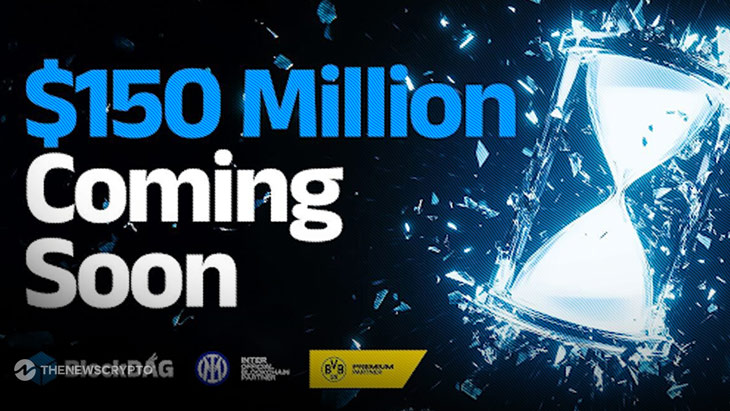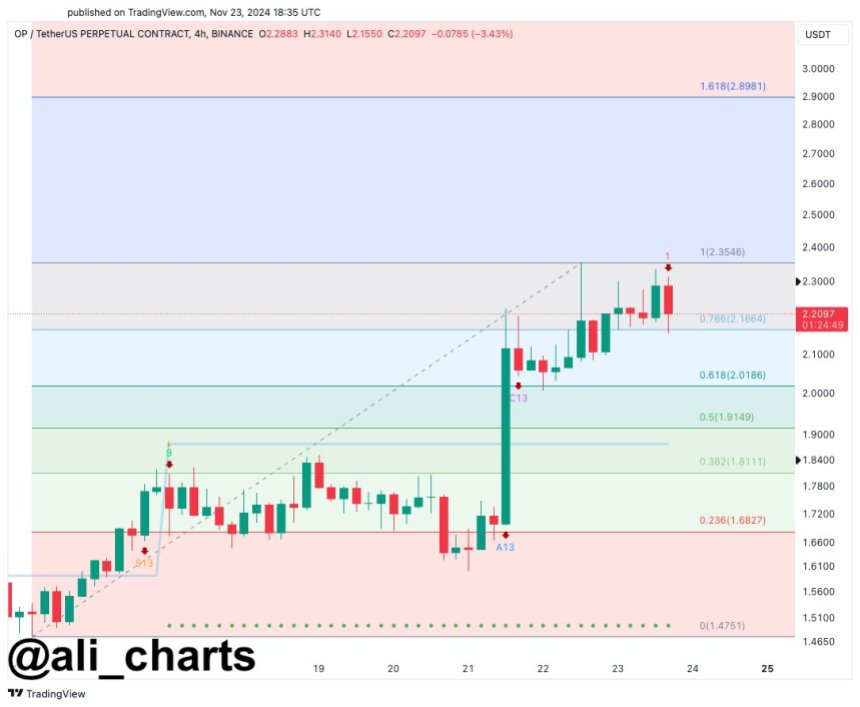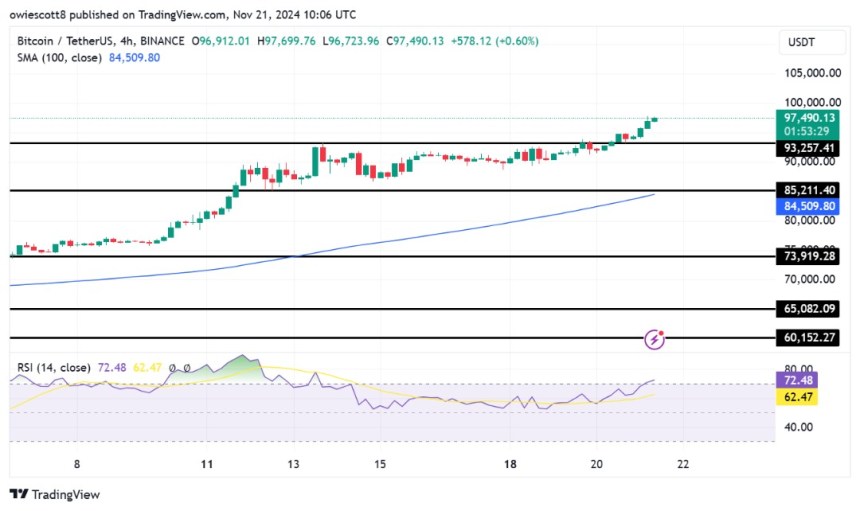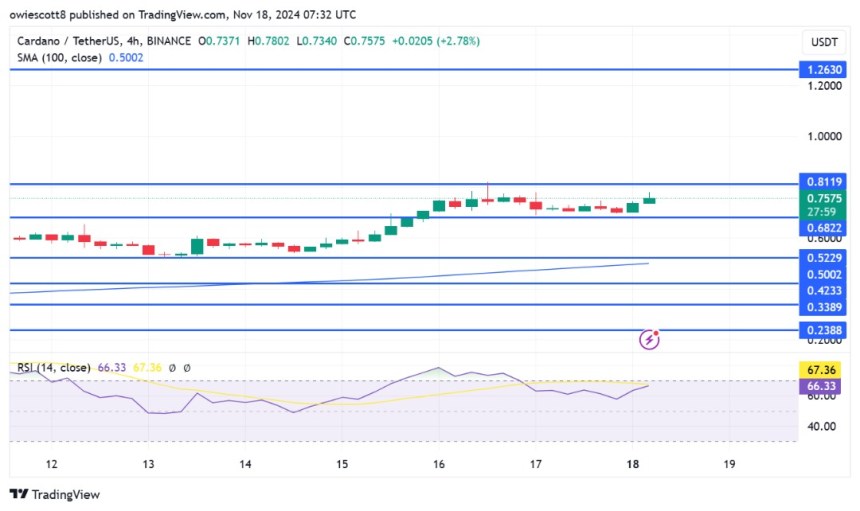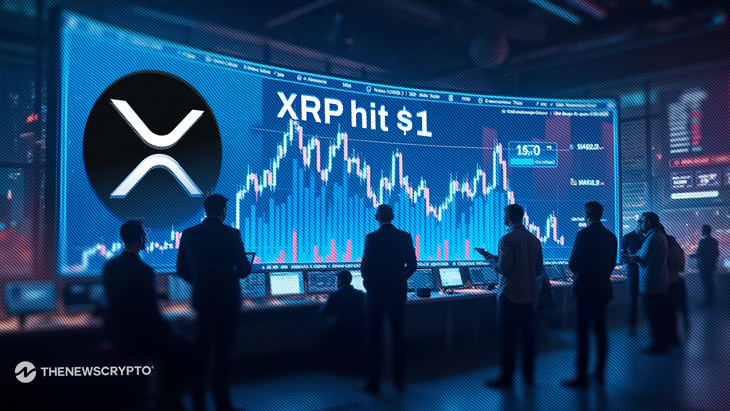Optimism (OP) has been at the forefront of the blockchain industry with its incentive program, which recently led to the protocol’s cumulative trading volume exceeding an impressive $3.8 billion.
Analyst Ryan Holloway has shed light on the remarkable impact of Optimism’s incentive program. The availability of OP trading rewards and incentives on various platforms, including Polynomial, played a pivotal role in this surge in usage metrics.
The incentivization strategy employed by Optimism has proven wildly successful, resulting in an astounding 23-fold increase in trading volume for the protocol. This achievement, however, comes with a caveat, as it raises questions about the composition of this newfound trading activity.
While the surge in trading volume is undoubtedly impressive, a deep analysis reveals a more nuanced picture. The growth in daily traders has been relatively modest, suggesting the possibility of a significant rise in power users or, in a less favorable scenario, potential wash trading activities.
But what exactly is wash trading? Wash trading involves artificially inflating trading volumes by executing simultaneous buy and sell orders for the same asset, giving the illusion of increased demand and activity. This practice is illegal in traditional financial markets and is viewed negatively in the cryptocurrency space due to its potential to mislead investors.

Optimism has faced its fair share of challenges in gaining a foothold in the competitive DeFi sector. Recent reports indicate a notable decrease in total value locked and decentralized exchange volumes on the network in recent weeks. This decline in activity is reflected in the network’s financials, with revenue plummeting by 37.5% in the last month, accompanied by an overall activity decrease of 19.7% over the same period.
Despite these setbacks, Optimism’s native token, OP, currently holds a price of $1.26 according to CoinGecko, with a 0.9% gain in the last 24 hours. However, it has seen a 6.2% decline over the past week.
Sustainability And Challenges In Optimism’s Post-Incentive Era
The sustainability of Polynomial’s retention rates after the conclusion of the incentive program will be a crucial factor in determining its long-term impact on Optimism. As the network navigates the challenges posed by wash trading concerns and its struggles to establish a firm presence in DeFi, the cryptocurrency community will be closely watching for signs of resilience and adaptability.
While Optimism’s incentive program has undeniably driven an astonishing surge in trading volume, the sustainability of this growth and the resolution of its challenges will determine the protocol’s long-term success in the highly competitive world of cryptocurrency.
(This site’s content should not be construed as investment advice. Investing involves risk. When you invest, your capital is subject to risk).
Featured image from Insperity
Analyst Ryan Holloway has shed light on the remarkable impact of Optimism’s incentive program. The availability of OP trading rewards and incentives on various platforms, including Polynomial, played a pivotal role in this surge in usage metrics.
The incentivization strategy employed by Optimism has proven wildly successful, resulting in an astounding 23-fold increase in trading volume for the protocol. This achievement, however, comes with a caveat, as it raises questions about the composition of this newfound trading activity.
Just dropped an analysis with @t__norm on the impact of @PolynomialFi‘s OP incentive program that ultimately led to the protocol’s cumulative trading volume surpassing $3.8B
 pic.twitter.com/UahucTcVJ0
pic.twitter.com/UahucTcVJ0
— Ryan Holloway (@raholloway) September 9, 2023
Rise In Trading Volume Masks Optimism’s Growth In Daily Traders
While the surge in trading volume is undoubtedly impressive, a deep analysis reveals a more nuanced picture. The growth in daily traders has been relatively modest, suggesting the possibility of a significant rise in power users or, in a less favorable scenario, potential wash trading activities.
But what exactly is wash trading? Wash trading involves artificially inflating trading volumes by executing simultaneous buy and sell orders for the same asset, giving the illusion of increased demand and activity. This practice is illegal in traditional financial markets and is viewed negatively in the cryptocurrency space due to its potential to mislead investors.
Optimism Faces DeFi Sector Headwinds
Optimism has faced its fair share of challenges in gaining a foothold in the competitive DeFi sector. Recent reports indicate a notable decrease in total value locked and decentralized exchange volumes on the network in recent weeks. This decline in activity is reflected in the network’s financials, with revenue plummeting by 37.5% in the last month, accompanied by an overall activity decrease of 19.7% over the same period.
Despite these setbacks, Optimism’s native token, OP, currently holds a price of $1.26 according to CoinGecko, with a 0.9% gain in the last 24 hours. However, it has seen a 6.2% decline over the past week.
Sustainability And Challenges In Optimism’s Post-Incentive Era
The sustainability of Polynomial’s retention rates after the conclusion of the incentive program will be a crucial factor in determining its long-term impact on Optimism. As the network navigates the challenges posed by wash trading concerns and its struggles to establish a firm presence in DeFi, the cryptocurrency community will be closely watching for signs of resilience and adaptability.
While Optimism’s incentive program has undeniably driven an astonishing surge in trading volume, the sustainability of this growth and the resolution of its challenges will determine the protocol’s long-term success in the highly competitive world of cryptocurrency.
(This site’s content should not be construed as investment advice. Investing involves risk. When you invest, your capital is subject to risk).
Featured image from Insperity
